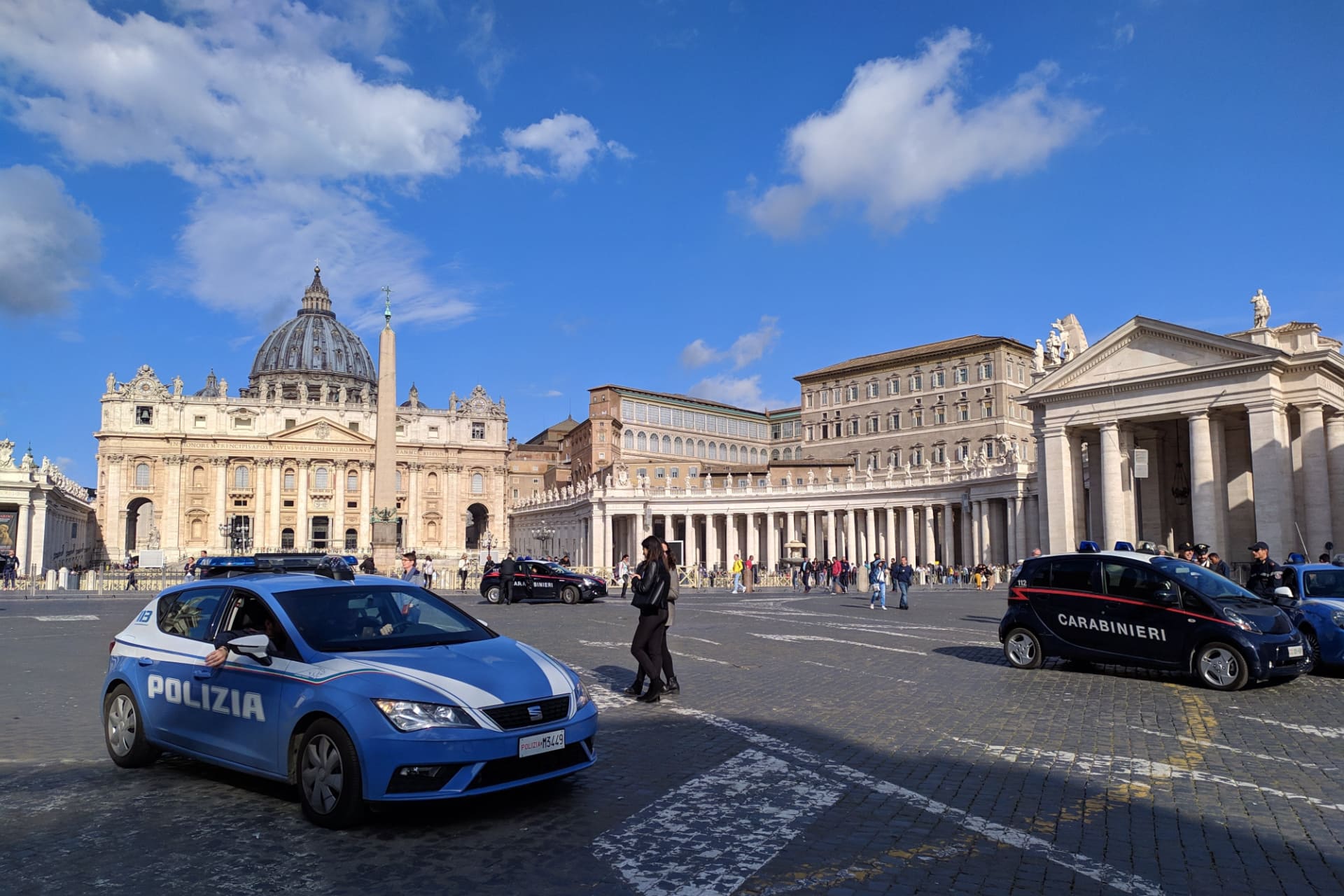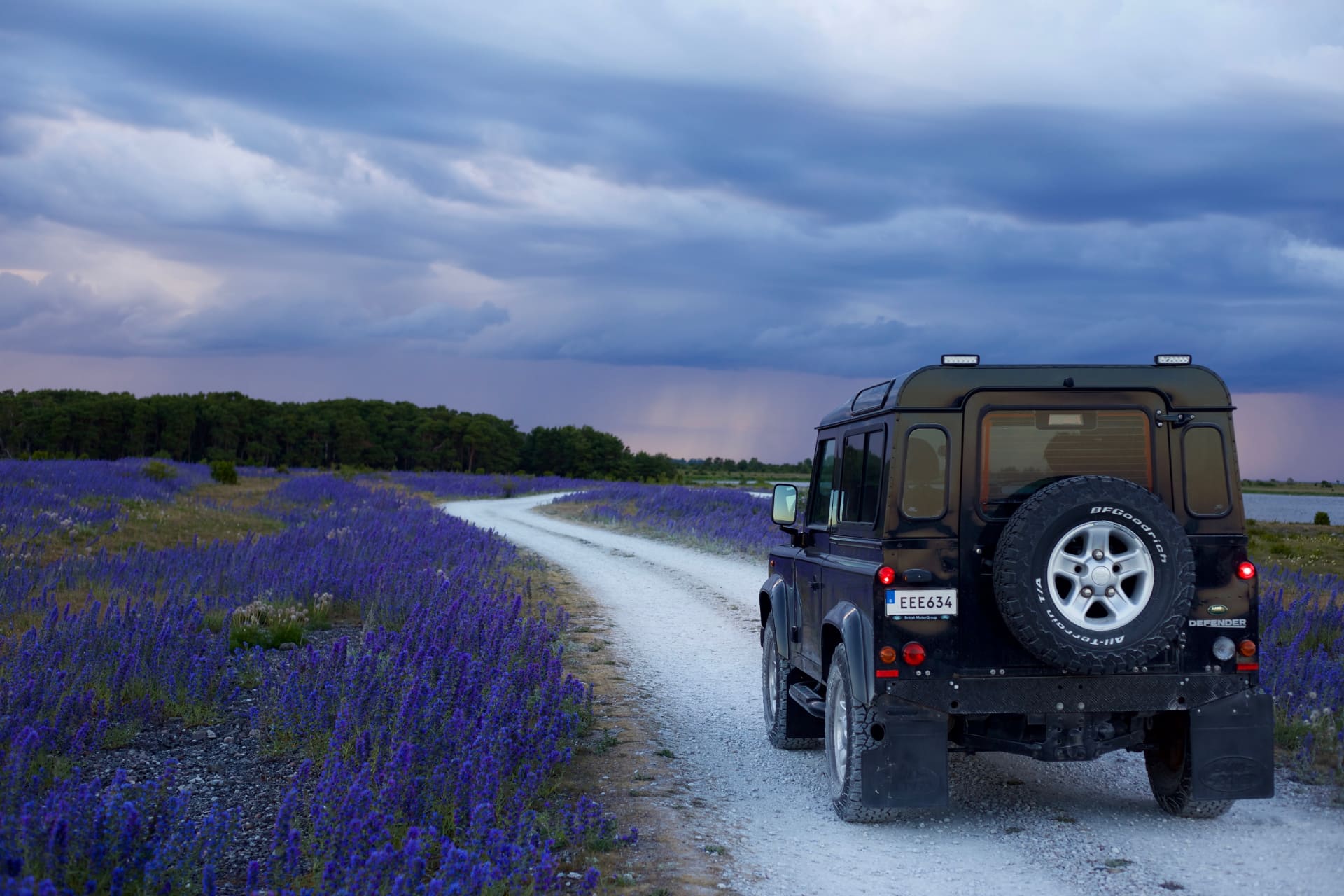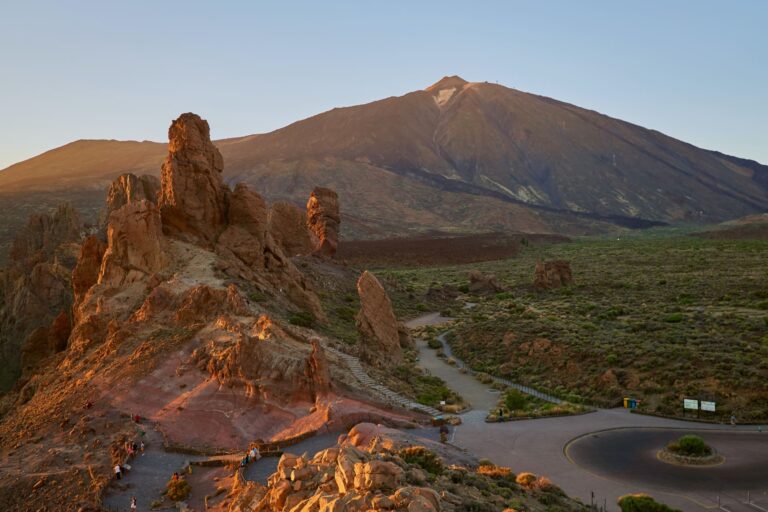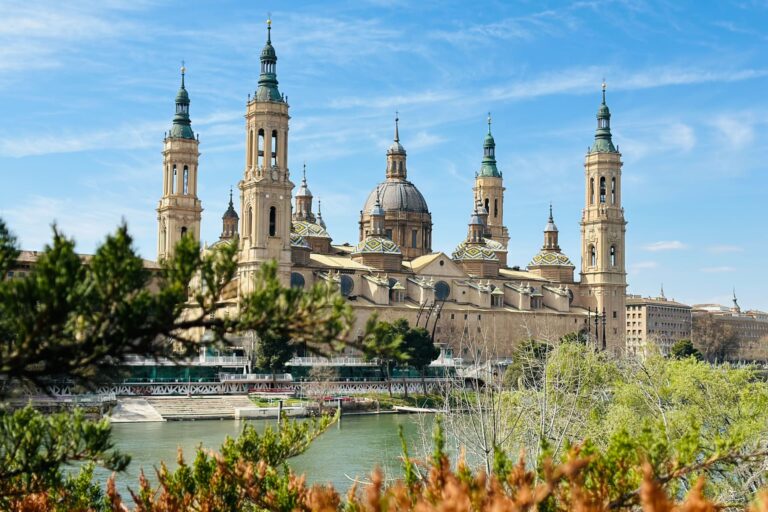Discovering Europe by Car: A Comprehensive Guide to Unforgettable Road Trips
Embark on an unforgettable journey with our comprehensive "European Road Trip Guide". Discover the freedom of the open road, the allure of off-the-beaten-path locations, and the charm of Europe's diverse cultures, landscapes, and history.

Pros of Road Trips in Europe
Road trips in Europe offer flexibility, allowing you to create your own itinerary, make impromptu stops, and visit locations that may be inaccessible by public transport. Europe's scenic routes, such as the Amalfi Coast in Italy, the Romantic Road in Germany, and the Wild Atlantic Way in Ireland, are among the world's most picturesque drives.
Traveling by car can be more economical than flying or taking the train, especially when splitting expenses with fellow travelers. With a car, you have the luxury of transporting luggage easily and can avoid the hassle of adhering to train or bus schedules. Driving through different countries allows you to experience regional lifestyles, cuisine, and customs, enriching your overall travel experience.

Cons of Road Trips in Europe
However, each European country has its own set of driving rules, which may include different speed limits, traffic signs, and toll systems. Gas prices in Europe can be significantly higher than in other parts of the world. In some European cities, parking can be both difficult to find and expensive. Navigating and communicating with locals may be challenging if you don't speak the local language. Cars contribute to greenhouse gas emissions, which is something to consider when planning your trip.
When planning your European road trip, carefully select compatible friends or family members for a bonding experience. Consider renting, leasing, or using your own car, taking into account factors like fuel efficiency, comfort, and reliability. Create a realistic itinerary, factoring in driving distances, rest stops, and sightseeing time to avoid burnout. Plan for fuel, tolls, accommodation, food, and entertainment to keep your trip financially manageable. Familiarize yourself with speed limits, traffic signs, and parking rules in each country you visit.
Comparison with Other Modes of Transportation
Trains
While trains can be faster and more environmentally friendly, they may not provide the same flexibility and freedom as a car. Additionally, train travel can be expensive, especially in Western Europe.
Buses
Buses are often more affordable than trains but may not be as comfortable or reliable. They also lack the flexibility and convenience of driving.
Flights
Flying is the quickest way to cover long distances, but it can be costly and often requires dealing with airport hassles. It also doesn't allow for the same level of immersion in local culture and landscapes.
Country-Specific Considerations
Germany: The famous Autobahn offers high-speed driving experiences, but be mindful of variable speed limits and the possibility of traffic jams.
France: French toll roads, or "péages," can be expensive, so consider alternative routes to save money.
Italy: Italian drivers are known for their assertiveness, so prepare for an exciting driving experience. Also, be aware of ZTL zones in historic city centers, where driving may be restricted.
Spain: Be cautious of pickpockets at rest stops and parking areas, and always lock your vehicle when unattended.
United Kingdom & Ireland: Remember to drive on the left side of the road, and be prepared for narrow lanes and winding roads in rural areas.

Planning Your European Road Trip
Don't miss the iconic routes like the Amalfi Coast in Italy, the Romantic Road in Germany, or the Wild Atlantic Way in Ireland for unforgettable vistas. Venture off the beaten path to discover hidden gems and picturesque drives. Include must-see landmarks, historic sites, and natural wonders in your itinerary. Explore local blogs, talk to locals, and be open to impromptu detours to uncover lesser-known attractions.
Sample regional cuisine, from tapas in Spain to goulash in Hungary. Learn local dining customs to respect cultural differences and enhance your culinary experience. Visit local markets, opt for street food, and make use of your accommodations' kitchen facilities to save money. Immerse yourself in local flavors by shopping for fresh produce, meats, and cheeses at farmers' markets.
Take regular breaks, stay hydrated, and follow local traffic laws for safety. Carry a first-aid kit, emergency supplies, and the contact information for local embassies and consulates. Obtain travel insurance and ensure your vaccinations are up-to-date. Learn key phrases in the local language or use a translation app to facilitate communication.
Choose a fuel-efficient vehicle, minimize single-use plastic, and practice Leave No Trace principles to reduce your environmental impact. Shop at local businesses and eat at locally-owned restaurants to support local economies. Respect local customs, protect natural and cultural heritage sites, and engage in ethical wildlife encounters.
Take photos and videos to memorialize your experiences and share them with loved ones. Chronicle your daily adventures and introspections in a journal to preserve memories and insights. Post updates on social media and engage with fellow travelers on forums or blogs to exchange tips and recommendations. Take group photos, collect souvenirs, and set aside time for bonding activities to strengthen relationships.

Must-See European Routes and Attractions
- Iconic routes: Don't miss the Amalfi Coast in Italy, the Romantic Road in Germany, or the Wild Atlantic Way in Ireland for unforgettable vistas.
- Lesser-known scenic routes: Venture off the beaten path to discover hidden gems and picturesque drives.
- Unmissable attractions: Include must-see landmarks, historic sites, and natural wonders in your itinerary.
- Tips for discovering hidden gems: Explore local blogs, talk to locals, and be open to impromptu detours to uncover lesser-known attractions.
Accommodation Options and Tips
- Booking hotels, guesthouses, and B&Bs: Make reservations in advance, especially during peak tourist seasons.
- Staying with locals: Experience authentic hospitality through homestays or house-sharing platforms like Airbnb.
- Camping and caravanning options: Research campgrounds and RV parks for a more immersive, nature-oriented experience.
- Maximizing comfort and affordability: Balance your budget with your desired comfort level when choosing accommodations.

Navigating the Culinary Landscape:
- Sampling regional cuisine: Treat your taste buds to local delicacies, from tapas in Spain to goulash in Hungary.
- Dining etiquette and customs: Learn local dining customs to respect cultural differences and enhance your culinary experience.
- Tips for eating on a budget: Visit local markets, opt for street food, and make use of your accommodations' kitchen facilities to save money.
- Visiting local markets: Immerse yourself in local flavors by shopping for fresh produce, meats, and cheeses at farmers' markets.
Staying Safe and Healthy on the Road
- Driving safety tips: Take regular breaks, stay hydrated, and follow local traffic laws.
- Preparing for emergencies: Carry a first-aid kit, emergency supplies, and the contact information for local embassies and consulates.
- Health considerations: Obtain travel insurance and ensure your vaccinations are up-to-date.
- Language barriers: Learn key phrases in the local language or use a translation app to facilitate communication.

Sustainable and Eco-Friendly Road Tripping
- Reducing your environmental impact: Choose a fuel-efficient vehicle, minimize single-use plastic, and practice Leave No Trace principles.
- Supporting local economies: Shop at local businesses and eat at locally-owned restaurants to contribute to the communities you visit.
- Responsible tourism practices: Respect local customs, protect natural and cultural heritage sites, and engage in ethical wildlife encounters.
Documenting and Sharing Your Journey
- Capturing memories: Take photos and videos to memorialize your experiences and share them with loved ones.
- Keeping a travel journal: Chronicle your daily adventures and introspections in a journal to preserve memories and insights.
- Sharing your experiences: Post updates on social media and engage with fellow travelers on forums or blogs to exchange tips and recommendations.
- Creating lasting memories with friends and family: Take group photos, collect souvenirs, and set aside time for bonding activities to strengthen relationships.

Conclusion
A European road trip offers a unique and rewarding experience, allowing you to intimately explore the continent's diverse cultures, landscapes, and history. By combining careful planning, an adventurous spirit, and respect for local customs and the environment, you'll create cherished memories that will last a lifetime. Embark on your journey with an open heart and mind, and let the magic of Europe's roads guide you to unforgettable experiences. Safe travels!



